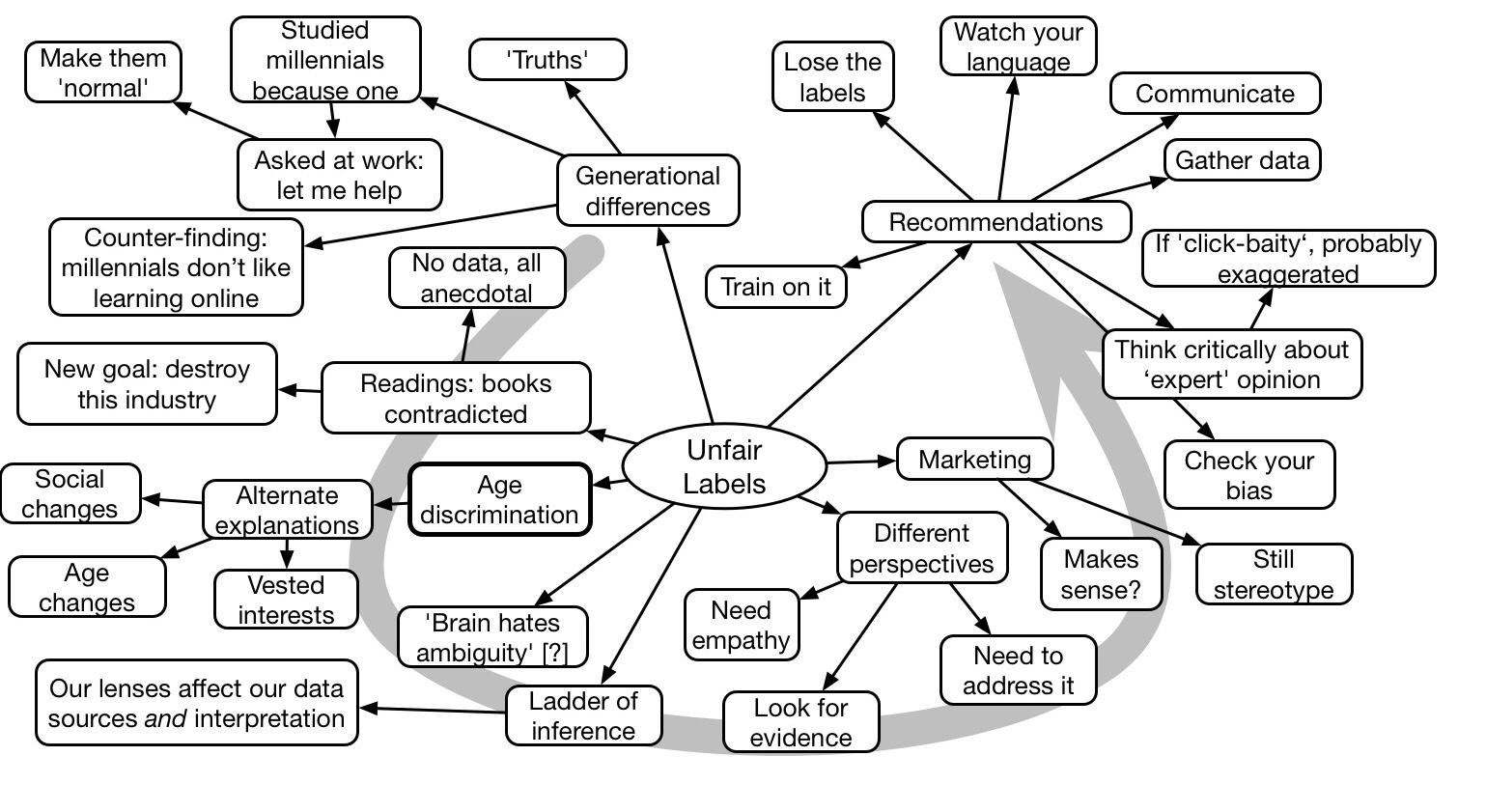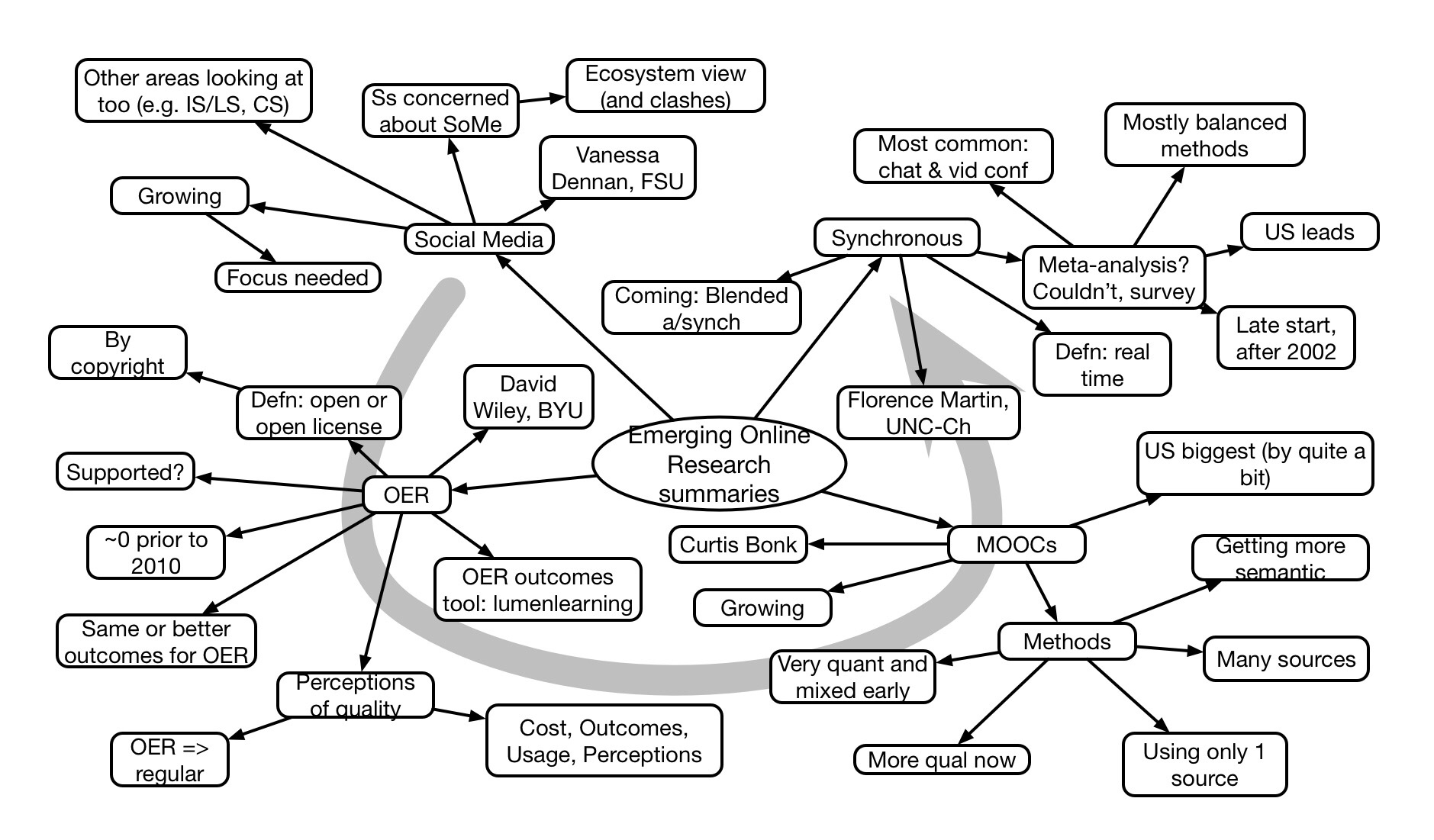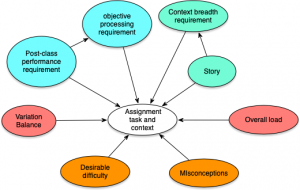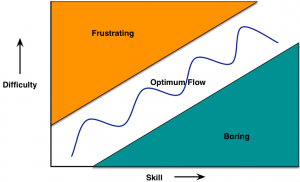Yet another silly post I stumbled upon. And last week at a conf someone said they liked my take-downs. If you disagree, let me know, but otherwise here’s yet another bunch of marketing hype. Hopefully no one uses this for any real decisions!
This one talks about ‘generation Z’, and implications for L&D. Ok, so we’re off on the wrong foot from the get-go. These are listed as 1995-2014. (Er, um, as Jessica Kriegel pointed out last week, isn’t the whole point of the millennial label that they’re ‘2000’? ) However, there’s no evidence to point to reliable generational differences. What differences there are can be attributed to age, and it’s still a form of age discrimination, how about treating people by how they individually behave?
So there’s a list of differentiators, sourced from elsewhere. You go to the elsewhere, and it’s preferences, and anecdotal. Neither one are good bases for making broad claims. There are several cites in the list, as well. From marketing sites. So the author clearly doesn’t understand good data. What are they talking about? Here’s a subset:
- Digital multitaskers: well, we know that’s inefficient, but haven’t we seen that taken up by device, not age group? It’s certainly true for millennials as well, and seems to be true for everyone who’s gotten on to mobile devices.
- Secretly social: (wth?) they share, but with control. As do most astute folks beyond high school.
- Diverse: er, yes, so’s the whole US. And, more and more, the world. How is this definitional? And do you think they really don’t still have biases?
- Quick Information Processors/Communicators: dealing with chunks, quickly but not necessarily accurately. Isn’t that, er, just kind of human?
The recommendations list is similarly silly:
- Update job descriptions: make sure they’re up-to-date. Really? This isn’t just good practice?
- Expunge bias: ditto
- Go where the talent is: use appropriate social media. C’mon, already; any other statements of the obvious?
- Benefits: emphasize the WIIFM. Can you imagine?
The overarching theme here is ‘do good things’. Why isn’t this appropriate for every job search? And the same thing continues when recommendations for your courses:
- Digital and Visual Content: Use media? Really? Who’d have thought of it?
- Reassess your Library and Curricula: you don’t need diversity, but you do need soft skills. Here I think there is bad advice, instead of the generally ‘best principles argued for the wrong reasons’. Just because you hear more messages of tolerance (yay!), doesn’t mean you know how to be inclusive, and are aware of unconscious bias. (That’s why it’s unconscious!)
And the same overall pattern of good advice pretending to be specific to a generation holds true for the final list. (I’m paraphrasing the advice here):
- Embrace diversity
- Provide social connection tools
- Give them the ability to contribute
- Include them
- Don’t try to ‘own’ their time
Tell me if you think any of these should be not true for other folks than these new folks? I think this approach is a bad idea, overall. You’re providing decent advice (er, mostly), but doing so through a myth-perpetuating framing. That’s still myth-perpetuating!
Ok, so this was from a company that’s trying to flog their services. It still seems like it’s written by a person more focused on marketing than matter. And I think we need to unpack these, and push back. Generation Z is just as discriminatory as millennials, gender, and other differences that are attempts to avoid dealing with people as individuals. If we don’t kick up our heels, we won’t get better efforts. And we should.





